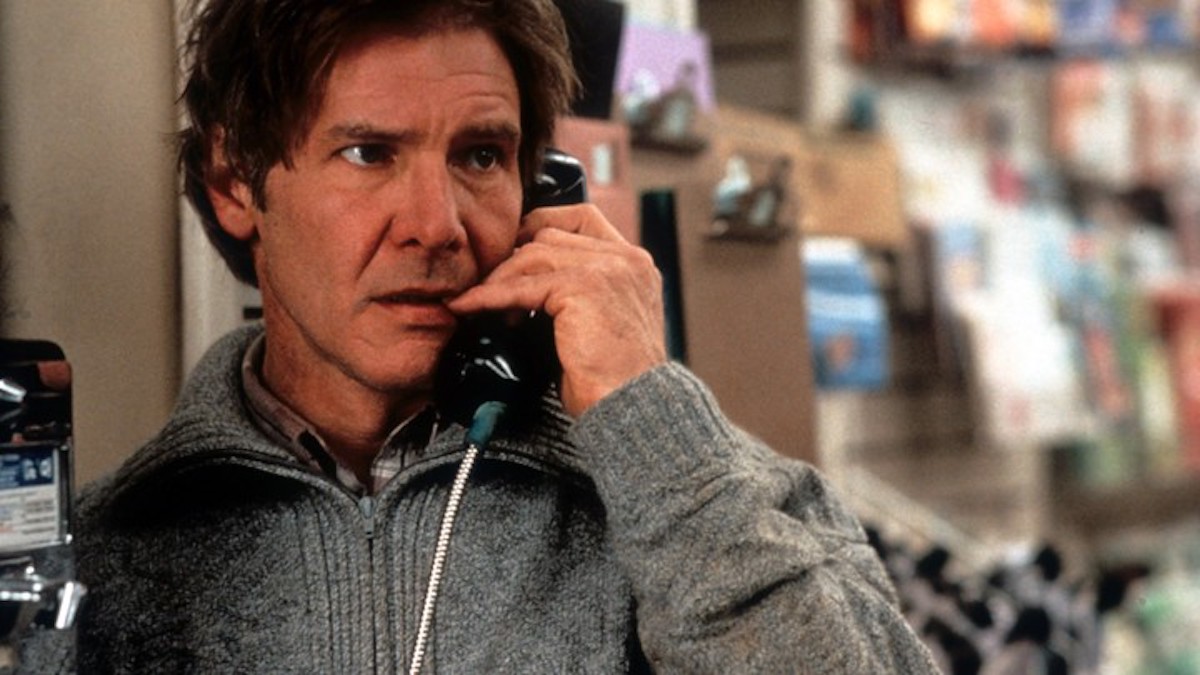This weekend, the second season of Making a Murderer dropped on Netflix. While season two of the docuseries is definitely entertaining, the general consensus seems to be that it doesn’t live up to its first season. Of course, the show set such a high bar for itself that if it had, that would have been a remarkable feat.
Season one felt like a real deep investigation into the possible law enforcement corruption and judicial system failings that led to what is believed to have been the wrongful conviction and imprisonment of Steven Avery and Brendan Dassey for the murder of Teresa Halbach.
Season two, on the other hand, doesn’t have quite as straightforward goal as solving a murder case. It focuses instead on the efforts to overturn the cases against the two men, though much of the criticism of this season calls it out for being, as Vox put it, “more entertainment than investigation.”
I’m enjoying this season, but I do agree with that point. Which is probably why my favorite part so far (I’m only a few episodes in) is Laura Nirider and Steve Drizin, Brendan’s post-conviction lawyers and the founder and director, respectively, of the Center on Wrongful Convictions of Youth.
Every time these two are onscreen–especially Nirider–I feel like I am fueled with equal parts information and indignation. In one incredible scene early on, they break down everything the police who investigated Brendan did to obtain an undeniably coerced confession for what appears to be a classroom of law students. It’s incredibly informative and also great television–everything that made season one great.
My favorite thing about the season so far is watching Nirider explain the law in her unwaveringly emphatic manner. Nearly everything she says is straightforward facts accompanied with a subtle almost-smirk that quietly screams “CAN YOU BELIEVE THIS???”
I love her so much that I can even forgive the fact that she sent me into a logic-spiral regarding my favorite movie of all time: The Fugitive.
In my mind, The Fugitive is a perfect movie. The concurrent character arcs playing out in Tommy Lee Jones and Harrison Ford create a fascinating dynamic and it’s basically Master Class in creating and maintaining tension without ever going over the edge. No offense to Liam Neeson, but there has never been a character-driven action movie like The Fugitive. It is the best the genre has ever produced.
But one bit of information sent my brain plummeting into a giant potential plot hole I’d never considered before. As Nirider explains (emphasis mine because it’s bonkers), “There is no federal right not to be in prison if you’re innocent,” which, as she says, “is incredible but true.”
“Someone like Brendan can’t walk into federal court and simply say “Here’s evidence that I’m innocent, here’s evidence that I didn’t do this crime,'” she goes on to say. “You can’t even walk in and say ‘Here’s who did do this crime.’ Instead, we have to show the federal court that the Constitution was violated during Brendan’s prosecution. That’s how we get a new trial.”
When The Fugitive ends (spoilers, I suppose if you’re late to this 25-year old party) Harrison Ford’s Richard Kimble has proven without a doubt that he didn’t kill his wife, that it really was a one-armed man, and that the man was hired by his colleague Frederick Sykes in order to bury dangerous results from pharmaceutical testing.
When the movie ends, it’s left unspoken but definitely assumed that Kimble’s ordeal is over and that he’ll be going home. The saddest thing about the end of the movie is that he solved this case but his wife is still murdered.
Except now, thanks to Making a Murderer, I can’t stop thinking about what life would actually look like for Richard Kimble, a character I love so much, I named my cat after him.
Time for more cats!! Here are Woodward and Bernstein, named after the famed journalists, of course. And, their unamused sibling, Dr. Kitty Kimble. These babies belong to @brockwilbur, who writes for us often. #internationalcatday pic.twitter.com/RqMMrlmmle
— Paste Magazine (@PasteMagazine) August 8, 2018
Now, I don’t think Dr. Kimble was prosecuted in federal court. (I could be wrong. For as many times as I’ve watched this movie, that wasn’t a thing I ever paid attention to.) Still, that whole “no right not to be in prison” thing really sent me spiraling. It also brought to mind other times I’ve seen that issue depicted on TV recently. For those who have seen Castle Rock (don’t worry, no spoilers), it definitely adds a layer of realism to how “The Kid” was held without cause.
I also spent the weekend finally watching the first season of Riverdale, and that, too, has a character who is cleared of a crime but remains in prison.
With all that in mind, it seems highly unlikely that Richard would just get to go home at the end of the movie. Just off the top of my head as a non-legal expert, I can think of a number of crimes he’d be detained for, if not convicted and sentenced with actual time or at least hefty fines. Crimes like obstruction of justice, leaving the scene of an accident, whatever the legal term is for a (even wrongly) convicted felon to flee custody and avoid police for the duration of this movie.
No, Making a Murderer didn’t actually ruin this movie for me. But it sure makes the ending a lot more bleak. Just let the man go home! He didn’t kill his wife and we do care.
(image: Warner Bros.)
Want more stories like this? Become a subscriber and support the site!
—The Mary Sue has a strict comment policy that forbids, but is not limited to, personal insults toward anyone, hate speech, and trolling.—










Published: Oct 22, 2018 05:07 pm